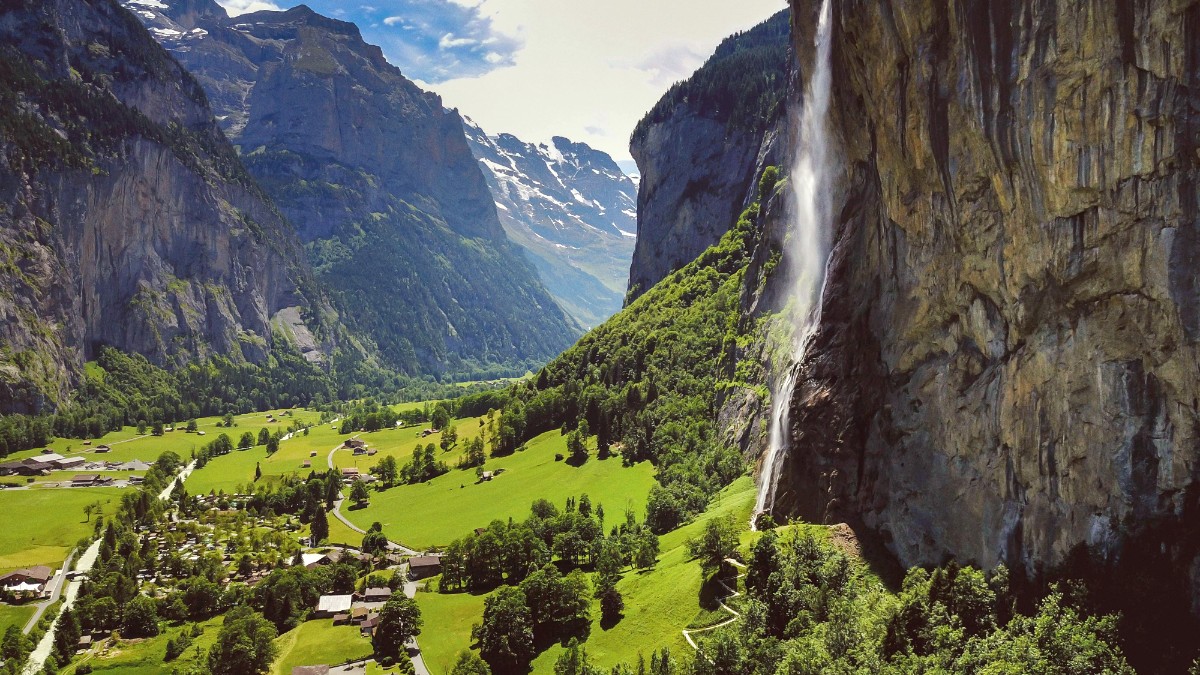
Switzerland
For non-Schengen citizens, a Schengen Visa may be necessary for stays up to 90 days within any 180-day period. This visa covers tourism, business, or family visits. Apply at the Swiss embassy or consulate in your home country. The application process includes scheduling an appointment, submitting documents, and sometimes an interview. Start this process well in advance.
Consider services like IVisa or VisaHQ for assistance with visa applications.
Proof of Sufficient Funds: Evidence of adequate financial resources for your stay (bank statements, credit card statements, sponsorship letter).
Travel Medical Insurance: A required document for Schengen visa applicants. Your insurance policy must have a minimum coverage of €30,000 (approx. CHF 32,000) for medical emergencies, hospitalization, and repatriation. It must be valid throughout the entire Schengen Area for your trip's duration. Services like World Nomads, SafetyWing, or Insubuy are options.
Standard Fee: €80 for adults
€40
No fee applies to certain categories.
Standard passport control upon arrival.
Be prepared to present your passport.
Officials may inquire about your trip's purpose and length.
Generally not needed for standard activities.
Standard activities on marked trails do not need authorization.
No special permits for typical tourist activities in Lauterbrunnen.
The official currency of Switzerland is the Swiss Franc (CHF). ATMs are widely available in Lauterbrunnen village and larger nearby towns. Credit and debit cards are widely accepted. Inform your bank of your travel plans.
Tipping is not mandatory. Service charges are typically included. Rounding up to the nearest franc or leaving a small tip of 5-10% for excellent service is common and appreciated.
70-120 (hostel, self-catering, public transport with pass, free activities)
150-300 (mid-range hotel, mix of self-catering/casual meals, public transport, 1-2 paid attractions)
400+ (4-5 star hotels, fine dining, private transfers, multiple high-cost excursions)
Hostel Dorm: 30-60; Guesthouse/3-star: 100-250; 4-5 Star Hotel: 250-600+
Supermarket Sandwich: 8-15; Casual Restaurant: 25-45; Fine Dining: 60+
Switzerland ranks among the safest countries. Lauterbrunnen maintains this reputation. Common health considerations and safety practices specific to an alpine environment contribute to a safe and enjoyable trip.
No specific vaccinations are necessary for entry. Routine vaccinations (MMR, DTP, Polio) current per national health guidelines are common. Consult your doctor or a travel clinic before your trip.
Switzerland boasts excellent healthcare. The closest main hospital is Spital Interlaken (20 mins by train/car). Pharmacies ("Apotheke") are available in Lauterbrunnen village and larger towns. Emergency services are highly reliable and efficient.
Memorize or save emergency numbers: